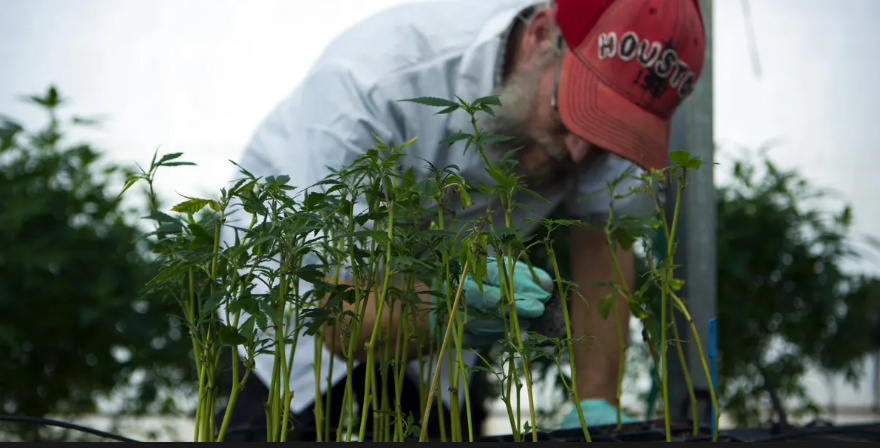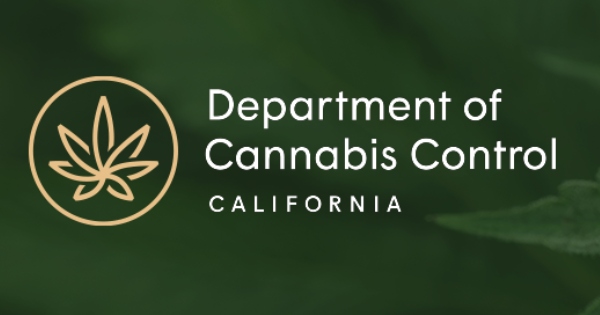Paving the Way for Interstate Cannabis Commerce, California’s Ambitious Plan
LOS ANGELES– Amidst the picturesque landscapes of California’s cannabis fields, a new wave of excitement is brewing in the Golden State. The Department of Cannabis Control (DCC) has unveiled a bold initiative that could potentially reshape the future for the state’s struggling cultivators.
In an intriguing move, Matthew Lee, General Counsel for the DCC, reached out to Senior Assistant Attorney General Mollie Lee with a meticulously crafted eight-page letter. Rather than seeking advice, the letter presented a compelling legal argument—a case for interstate cannabis commerce.
Central to the letter was the question of whether conducting commercial cannabis activities between out-of-state licensees and California licensees would pose significant legal risks under the federal Controlled Substances Act for the state. Matthew Lee’s letter made a persuasive case, asserting that the potential legal perils for California associated with such commerce were essentially inconsequential.
The DCC’s vision was clear. They sought the Attorney General’s support to authorize the state to negotiate agreements with other states, enabling California’s cannabis businesses to tap into interstate markets. These compacts, as outlined in the letter, would be a crucial step in expanding and strengthening California’s state-licensed cannabis market.
This ambitious move was driven by necessity as well as ambition. Wholesale cannabis prices in California have experienced a sharp decline, plummeting by 25% to 30% over the past year. A pound of packaged flower, once valued at $1,700 to $1,900 at the beginning of 2022, now commanded a range of $1,200 to $1,400. Many cultivators found themselves grappling with financial uncertainties, pushing some towards the illicit market in search of better prices for their products.
By opening up interstate opportunities for California’s growers, the DCC aimed to breathe new life into the state’s sizable cultivation industry. Additionally, they intended to set a precedent for other states, charting a path towards interstate cannabis commerce in the absence of federal cannabis legalization.
Underpinning this endeavor was the recently enacted state legislation, Senate Bill 1326, which came into effect on January 1, 2023. This legislation facilitates the import and export of cannabis through interstate agreements, a critical element in ensuring that other states are willing to engage in agreements with California, thereby avoiding supply and demand imbalances.
Notably, the DCC strategically avoided delving into the federal illegality of cannabis, steering the letter away from contentious debates on the topic.
While Eastern states like New York, New Jersey, and Connecticut are beginning to warm up to adult-use cannabis consumption, California is boldly forging the path for the future of interstate cannabis commerce. The audacious letter from the DCC stands as a testament to California’s unwavering commitment to bolster its cannabis industry—a development that will undoubtedly be closely scrutinized by other cannabis-friendly states and the nation as a whole.
As another Californian day draws to a close, the stakes for the state’s cannabis cultivators have never been higher. Yet, within these challenges lies an exciting opportunity—a new frontier of interstate cannabis commerce, beckoning a greener rush for the green economy.




































